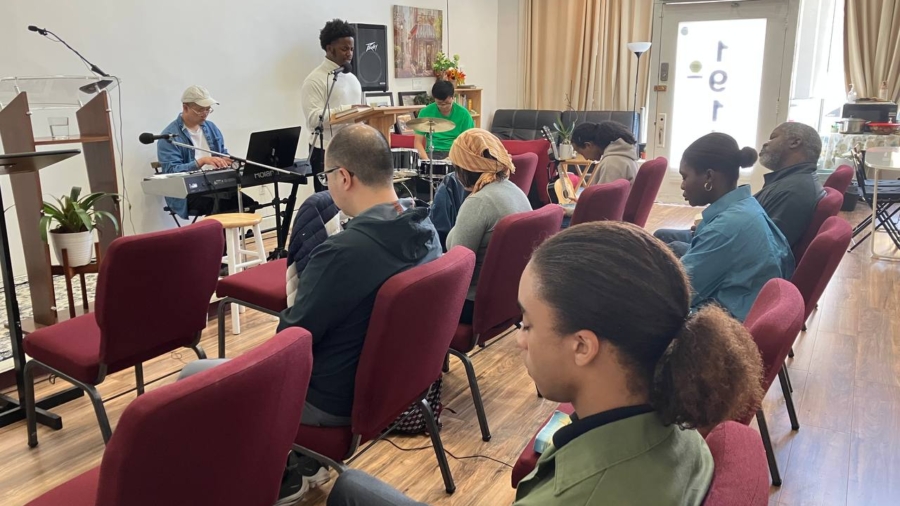In the sermon, Pastor Walker spoke about Achan’s sin, as narrated in the book of Joshua, and serves as a stark reminder of how our personal actions, however minor they may seem, can have far-reaching effects on our community, particularly the Church. Achan’s transgression was in the wake of the Israelites’ victory at Jericho. It’s important for us to reflect on our actions and their potential influence on the wider body of believers. We must also remember to surrender our missteps to God, opening ourselves up to the redeeming grace of Jesus Christ.
Achan’s sin was committed amidst the euphoria of victory, a moment when the Israelites had just experienced a significant triumph at Jericho. Achan, swayed by temptation, went against God’s command not to take spoils from Jericho, hiding some for himself. This seemingly minor disobedience resulted in a surprising defeat at Ai, the next battleground, shaking the Israelites’ confidence. God’s revelation to Joshua about Achan’s sin and the resulting consequences for the entire community highlights the significant impact of individual transgressions. Even when we bask in the glow of blessings and victory, we remain susceptible to pride, greed, and sin, which can cause harm beyond our immediate understanding. The tale of Achan urges us to maintain a constant, sincere alignment with God, particularly during good times. The confession of Achan illuminates how a minor personal sin can drastically affect an entire community. Despite the relative insignificance of what Achan stole from Jericho, his actions led to the devastating defeat at Ai. His story serves as a sobering reminder that no sin is inconsequential in God’s eyes, and our actions can deeply affect those around us. This lesson is reiterated in the New Testament story of Ananias and Sapphira (Acts 5:1-11) whose deception led to their immediate death. These narratives call us to a life of transparency, obedience, and generosity, continually self-evaluating and seeking God’s grace. As we move forward, let us remember that we are not isolated believers, but part of a larger body – God’s family. Our actions and behaviors can have significant implications for this community. Let’s strive to live transparently, always seeking forgiveness when we falter, and endeavoring to move forward in God’s grace.0


